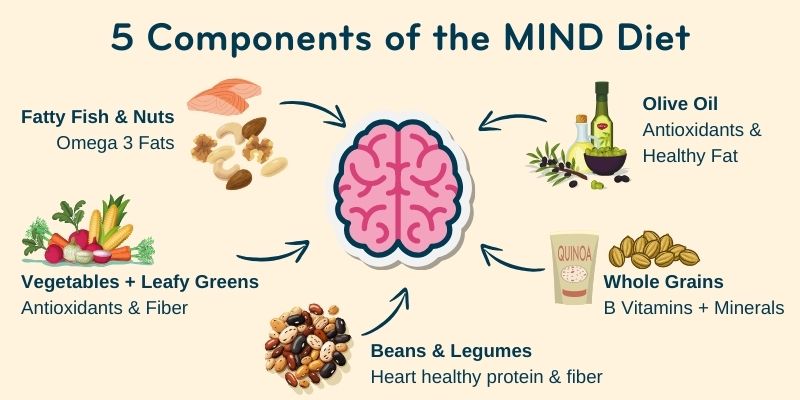March is National Nutrition Month and this year’s theme is Fueling the Future. At Meals on Wheels San Francisco we provide healthy and delicious meals to support our clients’ future health, as well as the health of our planet. Read on to find out how our sustainability initiatives support our efforts to ensure a healthy future for all of us.
Reducing Food Waste
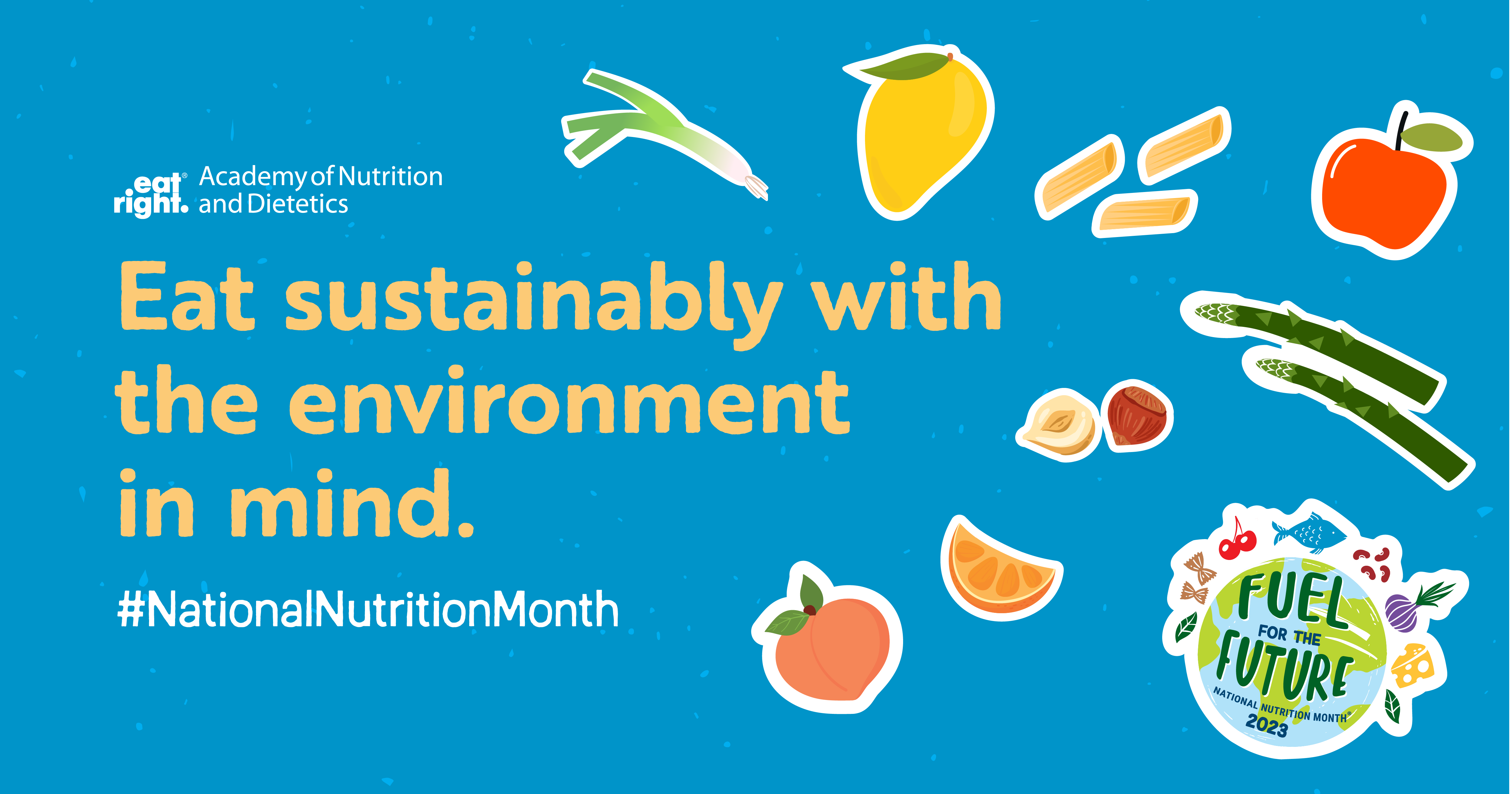
The United States creates 54 million tons of food waste every year – the equivalent of 90 billion meals (ReFed). As wasted food decomposes, it releases greenhouses gases into the air which contribute to climate change. The EPA estimates that 8% of US greenhouse gas emissions come from food waste (US EPA).
At Meals on Wheels, we work with our community partners to reduce food waste. Many grocery stores and restaurants have strict criteria for the size, shape, and color of their produce. This can lead to distributors throwing away edible fruits and vegetables because they are “too big”, “too small” or the “wrong color”. The SF Market Food Recovery Program enables distributors to donate surplus food to community organizations like MOWSF. Using these fruits and vegetables means we can make more nutritious meals and reduce food waste at the same time.
Using plant-based proteins
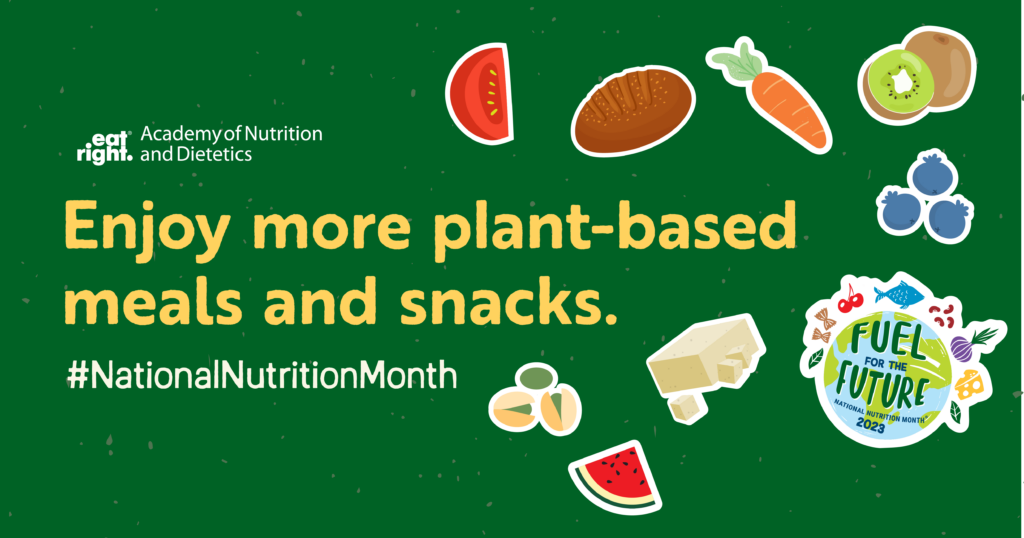
Producing food uses natural resources like land, water, and energy. Animal foods typically require more of these resources than plants. For example, beef uses 20x more land, and 10x more water, than beans to produce the same amount of protein. The great news is that the same foods that are good for the planet, are good for your health too (Nelson, et. al.) Compared to animal proteins, beans, chickpeas, lentils, nuts, and tofu are higher in fiber but lower in saturated fat and cholesterol. This makes them a healthy choice for your heart!
We believe balanced, nutritious meals should be healthy for our clients and the planet, so we’ve started including more plant-based proteins on the MOWSF menu. Ginger Lemongrass Tofu, Vegetarian Chili, and Mediterranean Falafel are just a few of our current offerings. Our chefs love to experiment with new plant-based products so be on the look out for exciting new dishes!
Shopping Local
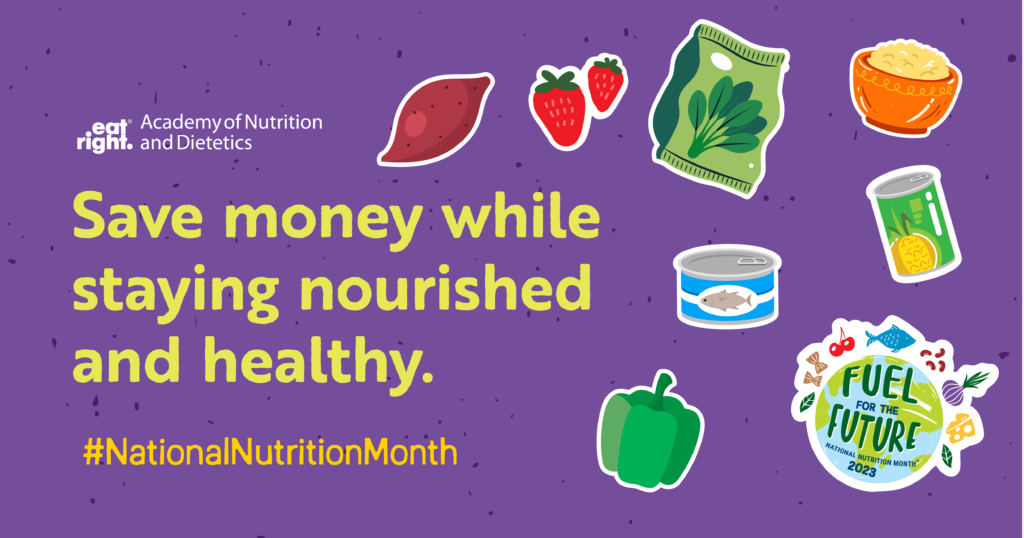
Most food is eaten far from where it is grown. Studies estimate the average food item travels 1300-1500 miles before reaching its destination. Moving food around consumes fossil fuels and produces large amounts of carbon dioxide. In fact, transportation is the largest contributor of greenhouse gases in the United States. MOWSF partners with local suppliers and distributors whenever possible. We source tofu from Wo Chong Company, gochujang and kimchi from Sinto Gourmet, and meat from Marin Sun Farms, located just across the Golden Gate Bridge. One of our biggest partners is a local distributor, Wilcox Foods, who have been operating in San Francisco since 1946. Purchasing from local businesses reduces food miles, ensures fresh, high quality products, and supports the future of our community.
This National Nutrition Month, and every month, you can fuel your own future by trying some of these strategies at home. You can save your leftovers for lunch the next day, visit your local farmer’s market, or make a recipe using plant-based protein like this delicious vegetarian tortilla soup. These small changes add up to big impacts for personal and planetary health. Let us know how you’re celebrating National Nutrition Month this year!
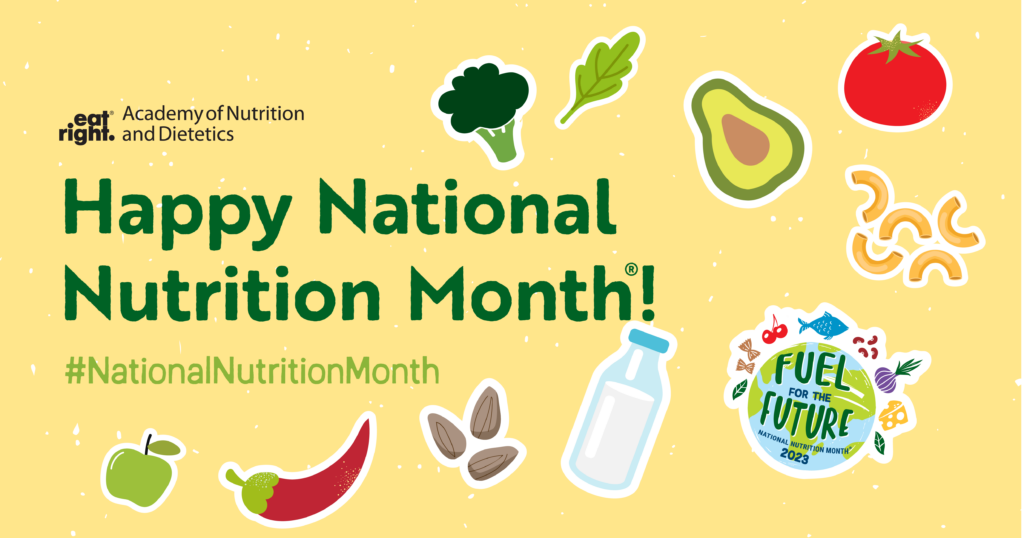
References:
- ReFED. (n.d.). Food Waste Problem | ReFED. https://refed.org/food-waste/the-problem/#what_is_food_waste
- U.S. Environmental Protection Agency. (2021). From Farm to Kitchen: The Environmental Impacts of U.S. Food Waste. In EPA (EPA 600-R21 171). U.S. Environmental Protection Agency Office of Research and Development. Retrieved February 20, 2023, from https://www.epa.gov/system/files/documents/2021-11/from-farm-to-kitchen-the-environmental-impacts-of-u.s.-food-waste_508-tagged.pdf
- Nelson, M. E., Hamm, M. W., Hu, F. B., Abrams, S. A., & Griffin, T. J. (2016). Alignment of Healthy Dietary Patterns and Environmental Sustainability: A Systematic Review. Advances in Nutrition, 7(6), 1005–1025. https://doi.org/10.3945/an.116.012567



